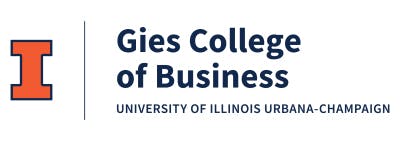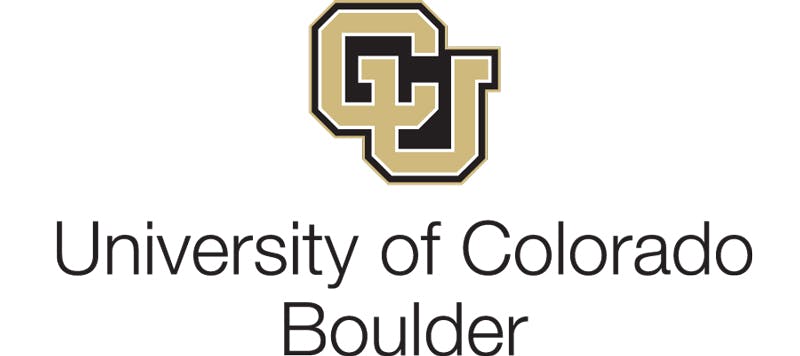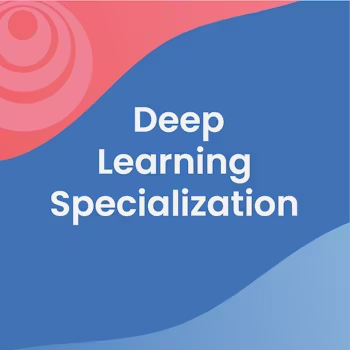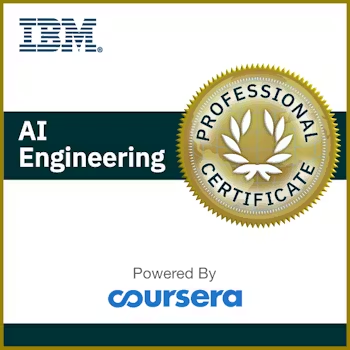Get a head start on your degree
No matter where you are in your career journey, Coursera offers flexible paths to a degree. With these degree programs, you can make progress by starting with eligible courses, Specializations, or Professional Certificates.
Find the right degree for you
Filter by
University of Illinois Urbana-Champaign
University of Illinois Urbana-Champaign
University of Huddersfield
University of Colorado Boulder
University of Colorado Boulder
Heriot-Watt University
University of Pittsburgh
University of Leeds
Get the most out of your time and money
Make progress toward a bachelor’s or master’s degree right away by taking eligible content that aligns with your goals and interests. If you decide to pursue a degree in the future, you can apply your completed coursework toward eligible degree programs available through Coursera. Once you’re admitted and enroll, you’ll already be well on your way.
You can build on your knowledge, expand your skill set, and showcase your expertise at each step. Start today and enjoy the freedom to learn at your own pace and on your terms.
Each institution determines the number of credits (if any), earned by completing this content, that may count towards the degree requirements according to institutional policies, which may also take into account any other existing credits or other prior learning you may have. For more details, visit the degree page of the program you’re interested in.
Interested in saving money on your degree? Watch our Prior Learning Credit webinar to learn more.
According to the U.S. Bureau of Labor Statistics, earning a bachelor’s degree leads to 60% higher earnings than a high school diploma.
For those with a master’s degree, average salaries in the U.S. are $84,000 in computer science, data science, and IT and $80,000 in business roles.
Build towards a degree with confidence
Make progress before you enroll
Complete eligible courses, Specializations, and Professional Certificates on Coursera, and earn progress toward a degree once you’re admitted and enroll in an eligible degree program.
Keep your progress
Start learning with the assurance that your completed coursework carries with you and can count toward a future degree.
Affordable tuition with flexible payment
Pursue your degree with competitively priced tuition; some degree programs offer “pay-as-you-go” options, allowing you to pay only for the courses you take upon enrollment.
Quality education from world-class universities
Tap into the expertise of distinguished faculty and seasoned industry leaders, all dedicated to helping you achieve your goals.
Explore starting points to a degree
Ball State University
Master of Science in Data Science
When you complete these Specializations and Professional Certificates, you can earn credit if you’re admitted and enroll in the Ball State University Master of Science in Data Science program.
DeepLearning.AI
Deep Learning
University of London
Bachelor of Science (BSc) in Computer Science
When you complete these Professional Certificates, you can earn credit if you’re admitted and enroll in the University of London BSc Computer Science program.
Google IT Support
Ball State University
Master of Science in Computer Science
When you complete these Specializations and Professional Certificates, you can earn credit if you’re admitted and enroll in the Ball State University Master of Science in Computer Science program.
Google Data Analytics
Illinois Tech
Master of Business Administration
When you complete these Professional Certificates, you can earn credit if you’re admitted and enroll in the Illinois Tech Master of Business Administration program.
Google Data Analytics
Microsoft
Microsoft Power BI Data Analyst
University of North Texas
Bachelor of Applied Arts and Sciences
When you complete these Specializations and Professional Certificates, you can earn credit if you’re admitted and enroll in the University of North Texas Bachelor of Applied Arts and Sciences program.
DeepLearning.AI
Deep Learning
Google UX Design
What students are saying
Gain insights through articles and student stories
Going back to school as an adult has the potential to boost your career possibilities and your income. Check out some questions to ask yourself as you figure out what's best for you.
Interested in pursuing an online educational program? Find out about the specific benefits that come with pursuing an online education.
Online bachelor's degrees have become increasingly popular, especially for students in need of greater flexibility. Learn more about this degree option and the many benefits it has to offer.
Discover whether getting an undergraduate degree makes sense for you.




















